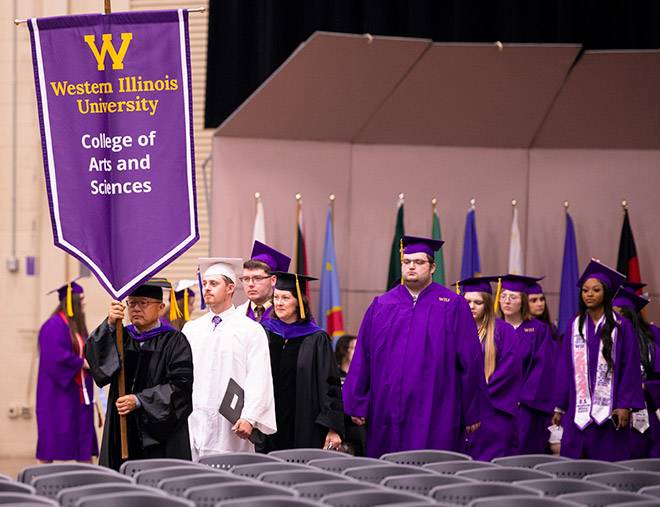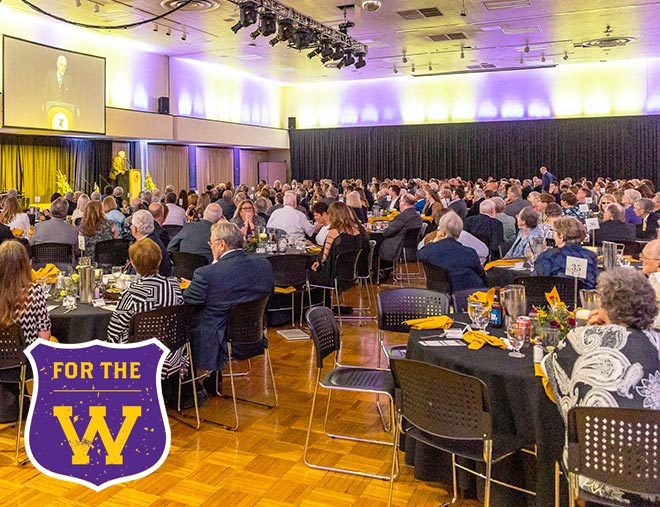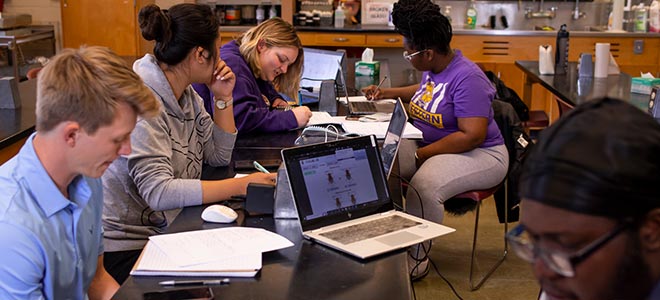

The College of
Arts & Sciences
Providing a premier learning experience
News
Jul 31 2025
Just Hired: Cierra Johnson
Jul 24 2025
Mayborn Named CAS Interim Dean
Jul 10 2025
Hawkinson to Deliver 22nd Annual John Hallwas...
Jun 30 2025
WIU Awards 2025-2026 President’s...
Events
John Hallwas Liberal Arts Lecture
October 2nd, 7:00 pm, University Grand Ballroom










Connect with WIU: